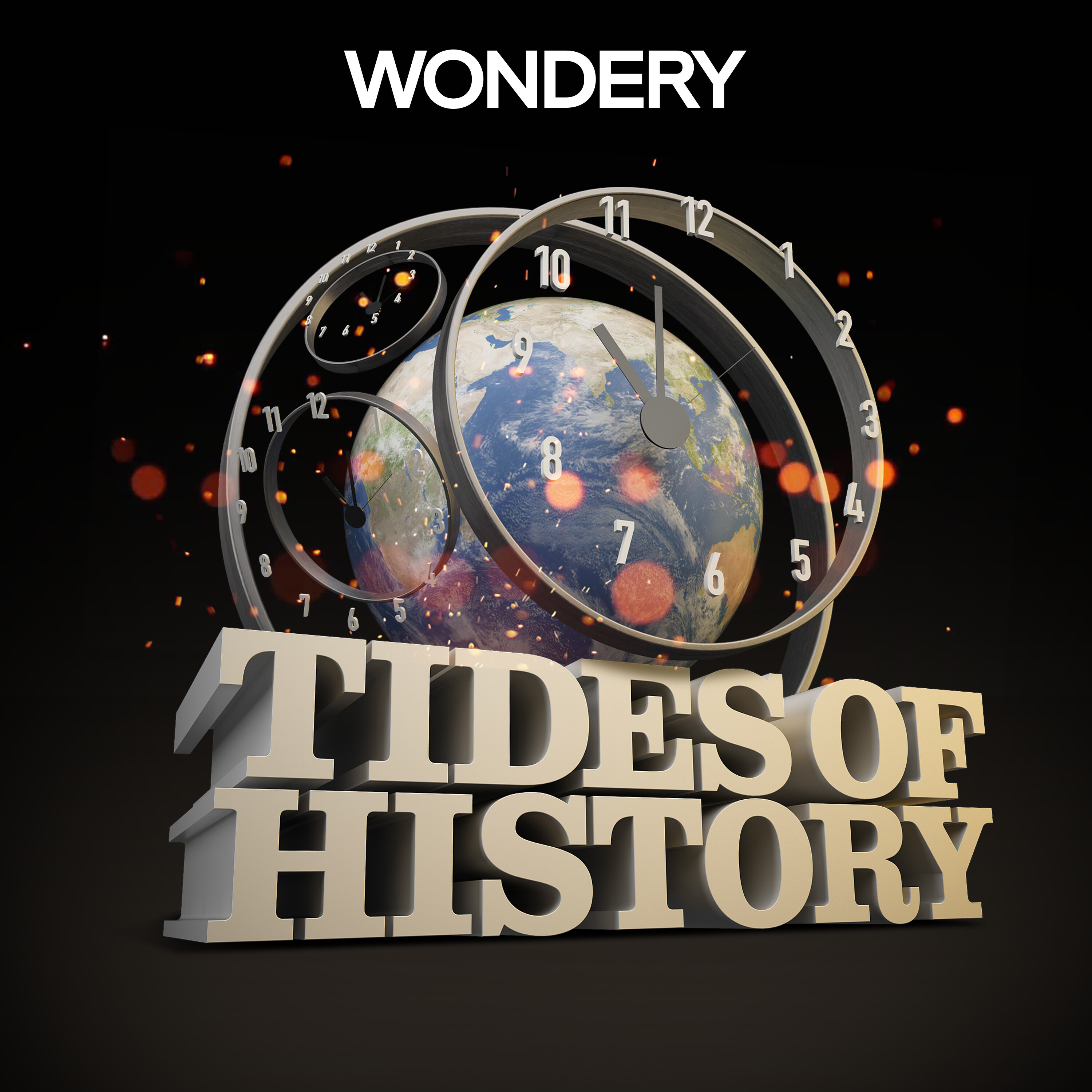Backer Rewards Episode 16 - Russia and Byzantium with Professor Sergey Ivanov
The Invention of Agriculture in New Guinea
Episode 13 - Dr. Campbell Grey
059: Ptolemaic Egypt - Kingdom of Gold, Kingdom of the Nile
#6 Οι βυζαντινές σημαίες
47. The materiality of Byzantine objects, with Elizabeth Dospěl Williams
Ancient Egypt in Context: Interview with Professor David Wengrow
#5 Βυζαντινά ευρήματα σε αγγλική ανασκαφή.
Ancient Tattooing: Interview with Aaron Deter-Wolf
Episode 12 - Jessica Bernstetter
4. Alliance with Thessaly
Alexander the Great
• 





